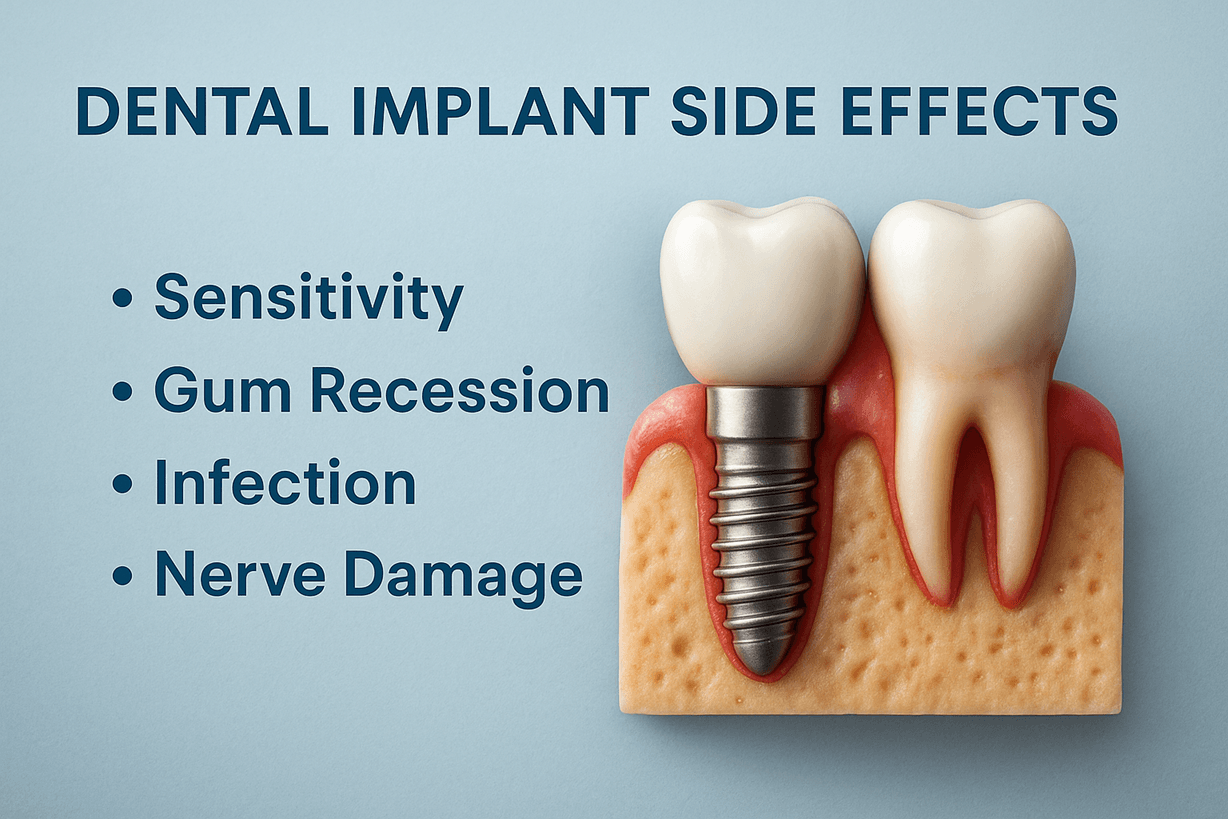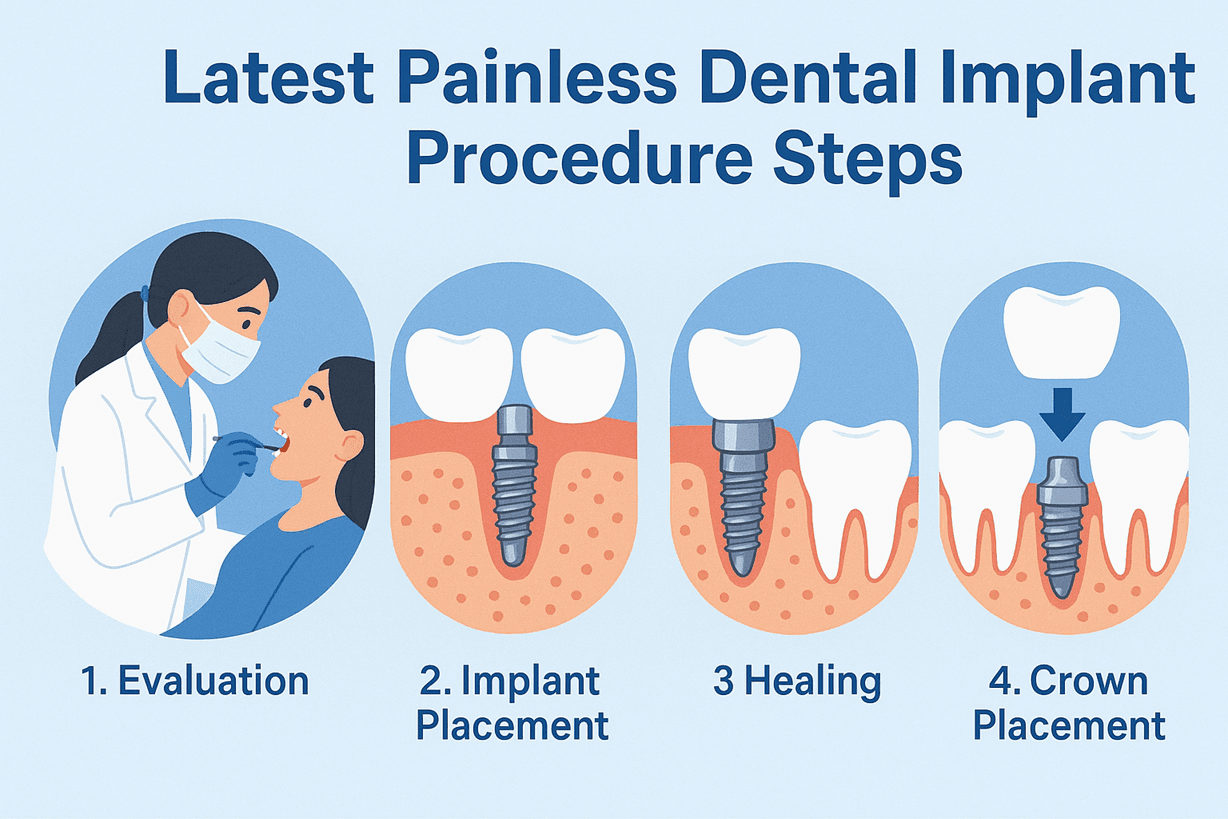Contents

Why is My Gum Swollen Around One Tooth?
Swollen sore gums are frequent, although a person may occasionally have swelling around a single tooth. Poor dental hygiene and an abscess are two causes of this form of gum inflammation.
Localized swelling around a single tooth could be caused by something as simple as food being lodged in the gums as a result of incorrect cleaning or flossing. Over time, this food debris can cause irritation and tooth decay.
Other times, swelling of the gums surrounding a single tooth may suggest something more serious, such as an infection. If a dental condition is not adequately treated, it might progress to more serious issues.
This article discusses the various reasons for swollen gums around a single tooth. It also advises on treatment and when to see a dentist.
Causes of Swollen Sore Gums
A person may develop localised swelling around a specific tooth for a variety of causes. The following are some of the possible causes.
1. Inadequate dental hygiene
- Food particles can sometimes be seen between the teeth and the gum line.
- If the debris is not removed, it can lead to plaque accumulation and swelling of the gums around the tooth. This can lead to tooth decay and gum disease over time.
- Other indicators of poor dental hygiene, in addition to swelling around one tooth, may include:
- Gum inflammation
- Odorous breath
- Brushing or flossing teeth with loose or fractured teeth causes bleeding.
- This material is normally removed by flossing and brushing.
2. Periodontal disease
- Gum disease is more common in people over the age of 30. Periodontal disease is the medical term for this.
- Periodontal disease occurs when the gums that support and surround the teeth become infected and inflamed.
- These infections originate as a result of plaque buildup. Tartar forms as plaque hardens, making it more difficult to remove.
- Periodontal disease is classified into two stages: gingivitis and periodontitis. Gums can enlarge when a person has gingivitis.
- This condition is reversible, although it has the potential to progress to periodontitis.
- Periodontitis is the second stage of periodontal disease in which the gums move away from the tooth, or recede.
- When this occurs, an infection can harm the bone that supports the tooth, causing it to loosen or fall out.
3. Gingivitis
- Gingivitis is a relatively common moderate form of gum disease. It causes gum inflammation, redness, and discomfort, particularly near the bottom of your teeth.
- Gingivitis can cause your gums to bleed and rip easily, producing pain.
- Other gingivitis symptoms include:
- Gums receding
- Sensitive gums
- Foul breath gums that appear swollen
- Gingivitis is typically caused by poor oral hygiene, such as a lack of flossing or brushing your teeth. While it is not a life-threatening condition, it can swiftly advance to a more serious form of gum disease.
- It's best to get it treated as soon as possible. A professional tooth cleaning and a regular brushing and flossing program should alleviate your discomfort in most circumstances.
How to Treat Swollen Sore Gums Near the Wisdom Tooth?
It is typical to experience soreness and swelling of your gums as your wisdom teeth begin to burst through your gums.
Once your wisdom teeth have broken through your gums, there may be issues that cause more swelling, such as if they:
- Emerge only partially, allowing bacteria into the gums and jaw that aren't properly positioned,
- Enabling food to become caught and encouraging the growth of cavity-causing bacteria allows for the formation of a cyst that can harm teeth and the bone that holds your teeth.
Swollen gums can also be caused by a vitamin shortage or gingivitis, but this swelling is not usually limited to your wisdom teeth.
If your swelling is caused or exacerbated by a piece of food stuck in the area, properly rinse your mouth. Warm salt water or an antimicrobial oral rinse may be recommended by your dentist.
Your swelling should subside on its own when the meal has been wiped away.
Other methods for dealing with wisdom tooth swelling include:
Apply an ice pack or cold compress directly to the swollen area or to the portion of your face closest to the swelling.
Suck on ice chips while keeping them on or near the swollen area. Take nonsteroidal anti-inflammatory medicines (NSAIDs) such as aspirin or ibuprofen (Advil, Motrin).
Avoid things like alcohol and smoking that can irritate your gums.
When Should You Visit the Dentist?
Even if they do not have any tooth or gum complaints, people should undergo a dental checkup at least once or twice a year.
Checkups help the dentist correct any issues that arise early on before they become more serious.
People who suffer any of the following symptoms should see a dentist between planned visits:
- Gums that are swollen or bleeding
- Mouth sores or patches that last more than a week
- Ache or swelling in the mouth, face, or neck ache or an uneven bite difficulty chewing or swallowing.
Conclusion
It is not uncommon to have swelling and pain as your wisdom teeth emerge. Once your wisdom teeth are in place, you may experience swelling due to a variety of factors, including trapped food or germs in your gums.
Once the underlying reason has been identified, the oedema may usually be controlled with products such as cold packs and NSAIDs.
Visit your dentist if you frequently have pain or infections. They may propose wisdom tooth extraction to alleviate your continuous pain.
Swollen gums surrounding a single tooth can be caused by a variety of factors, including poor dental care and periodontal disease.
If the swelling lasts more than a week, they should see a dentist. If a person detects a tooth abscess, an early appointment is required.
In many cases, gum swelling can be avoided by practicing excellent dental hygiene, which includes brushing and flossing on a regular basis and visiting the dentist for routine exams.


